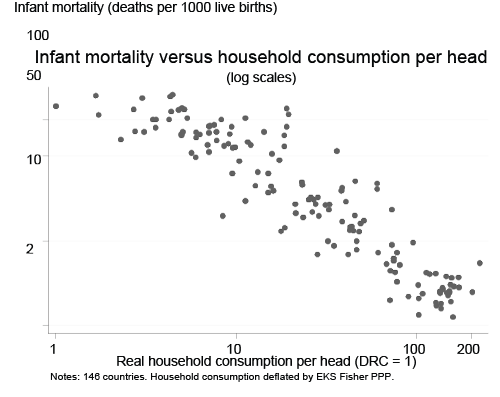Russell Brand staged a protest/publicity stunt at RBS. An employee called Jo who briefly interacted with Brand outside, and who seems to have been annoyed that his lunch got cold, wrote him an open letter as a result. It's been getting a lot of attention, especially in the right-wing press. This is my dashed off response to that letter.
In essense, I found the post deeply flawed and annoying when not merely tedious. It's just Brand's own rhetorical tactics - faux-familiarity and knowing faux-sympathy - made less earnest and more condescending without any of the much needed upgrade in quality control or practical empathy. Even more so than Brand's efforts, it seems to be pure choir preaching and, by its swaggering and obnoxious lack of self-doubt, it turns off someone in the middle, like me. For example, the blog's subheading, 'The worst thing about being cynical is being right', makes me want to actively assist this auto-fellatio enthusiast with a hand on the back of his head, if only to hasten the moment when he publicly chokes on his own cock.
I mean, I think Brand is as much of a misguided simpleton as the next guy, except if the next guy is the author of this blog post who seems intent on giving Brand-mockery a bad name.
Leaving aside the completely unnecessary ad hominems directed at his messy past, it seems there are only two substantive points: 1) Whether or not his publicity stunt has a role to play in advancing the scope and depth of our public discourse (he spends a couple of yawn-inducing preliminary paragraphs 'showing' that a publicity stunt is all it was, as if that needed pointing out, but whatever - maybe he feels that his readership require baby steps... actually, judging from the parade of gormless comments beneath it, perhaps they do). And 2) The defence of the bank bailouts as being in the public interest rather than symptomatic of something deeply wrong with the system.
There are also some accusations of hypocrisy sprinkled about, laced with crude attacks on the Beeb, which are entirely irrelevant, but if anyone thinks they're valid I'll treat them in a later post.
So, 1) Does the publicity stunt have merit? In the context of a broader strategy of public engagement, someone in marketing would certainly say yes. Any publicity is good publicity, so people talking about the topic you're interested in - as we are doing here and as the blogger has ironically encouraged with his post - increases public awareness and engagement, albeit somewhat superficially in the main. From the perspective of someone who supports Brand's position, as long as some of these new engagements lead to an onging and deeper engagement in the issue for a few individuals, this is clearly net positive. It also maintains momentum, which is crucial in social and political campaigning. So, strategically, this is a no-brainer.
2) No mention of moral hazard, no mention of too-big-to-fail, no mention of implicit taxpayer subsidy of risk leading to increased profitability, no mention of regulatory capture. I could go on. If this guy actually thinks that the RBS bailout is net positive, even in purely financial terms, for the average citizen, then he's lost in a pit of ideological spin and self-affirmation that is likely terminal. As far as I'm concerned the matter is so clear cut it's barely worth discussion. (I say this as someone who supported the bank bailouts as being the least bad option in the circumstances. The point is, there was nothing inevitable about the circumstances. On this point, Brand and I are in agreement.)
AND THERE IS SO MUCH MORE TO SAY.
Ultimately, attacking Brand personally for his misguided and simplistic politics is a bit like attacking a hipster for being a fashion victim. It's shooting fish in a barrel and only serves to make the shooter feel better about themselves. It's pathetic. If you want to engage with the Brand/Farage phenomenon, have a crack at the populist political soup of dysfunction and apathy he/they bubbled up from. That's where the real questions lie. But the answers are harder divine, and generally more discomforting, too. Much easier to rattle off a flabby tirade at some easy target on the other side. And it makes your peers think you're cool. Just ask Farage and Brand: it's exactly how they've gained popular support themselves.

